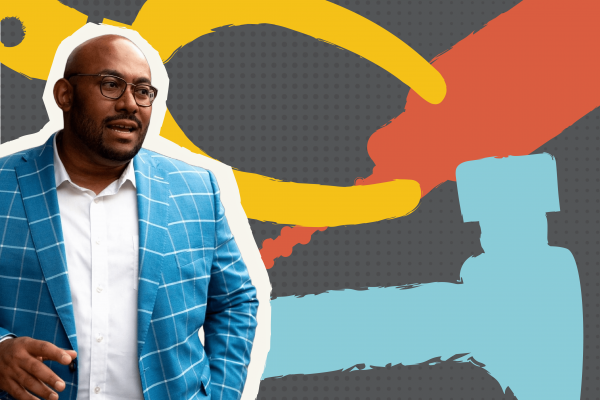Feb 6, 2024
I love documentaries. I try to watch a minimum of one per week. I am especially drawn to documentaries like Born in Synanon — a documentary about a rehab community that eventually became a cult — because it wrestles with questions around race and religion. These two subjects are endlessly fascinating to me.
So, when I heard about Faith in Blackness, I knew I would have to see it. In October 2023, one of the executive producers, Josué Perea, invited me to a screening at the University of Washington. The documentary explores the relationship between AfroLatine spirituality and how that spirituality shapes a person’s identity and understanding of the divine.
Read the Full Article

Already a subscriber? Login
